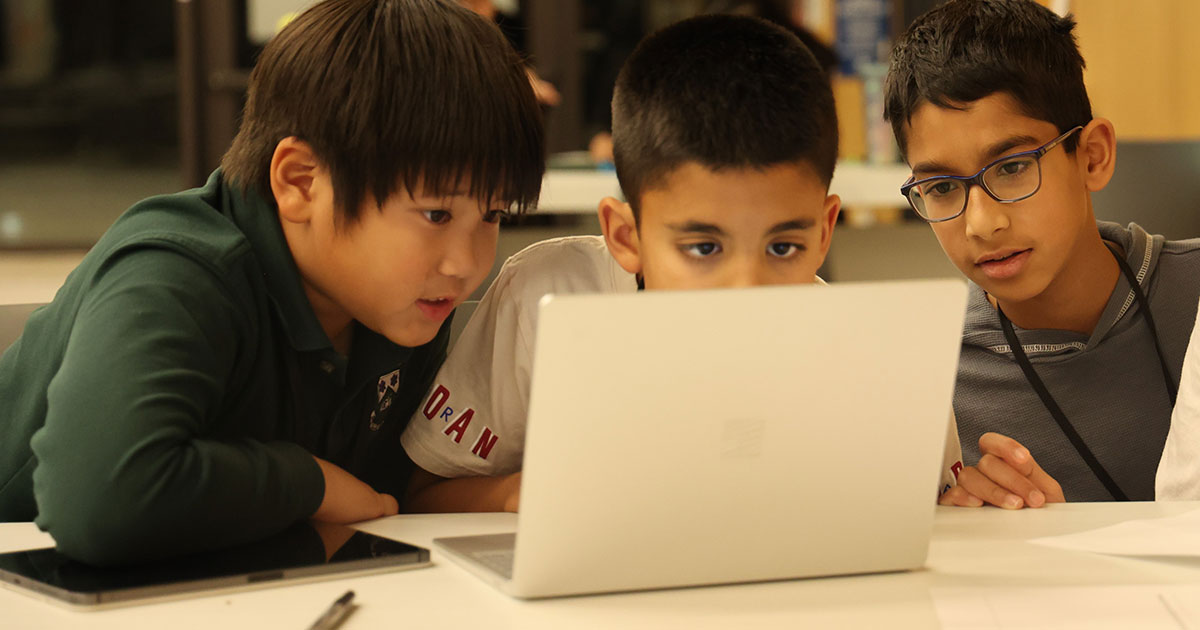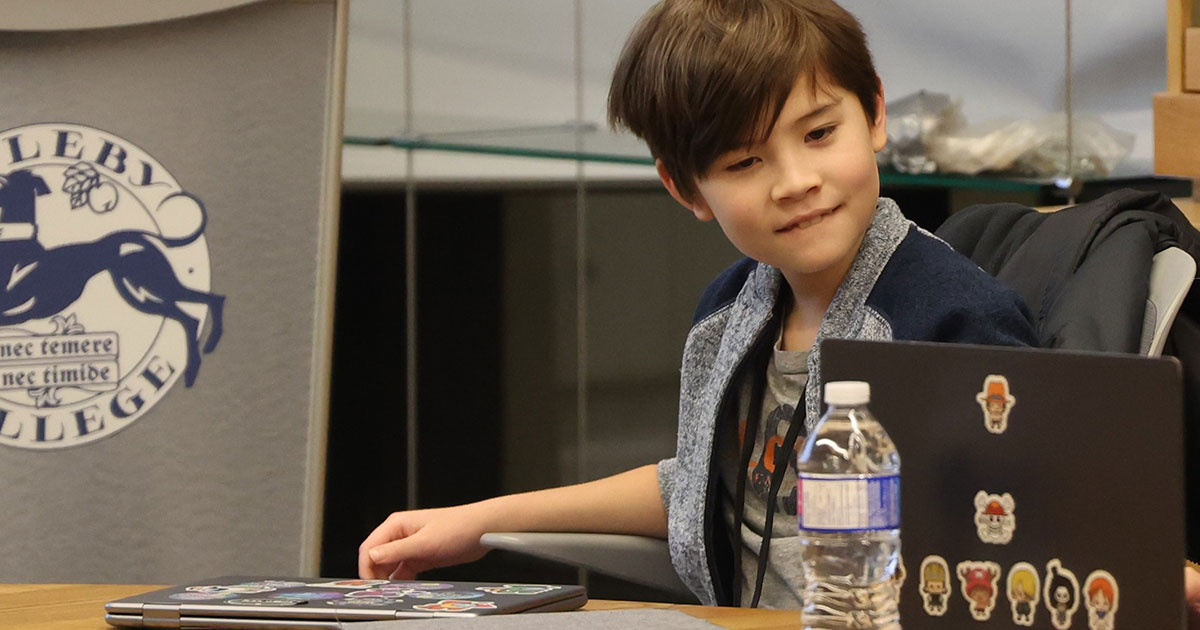Helping kids deal with climate anxiety
An one-of-a-kind program that promotes science and critical thinking


Ice caps melting, polar bears starving, honey bees disappearing–we’ve all seen the images of climate change and it creates some scary thoughts, especially in children who believe their future is unknown. Climate anxiety, also known as eco-anxiety, is defined by the American Psychological Association to be a chronic fear of environmental doom and many children suffer from it.
Research shows that the majority of children and youth are extremely worried about climate change, leading to many powerful and negative emotions like sadness, anxiety, anger, helplessness, and guilt, and the physical symptoms that go along with these emotions. The effect of worrying about climate change is so profound that many young people have decided not to have children for various reasons (including the belief that their children will not have a future) that centre around worries about climate change.

While knowledge of climate change is important at any age, “part of the issue is that the conversations usually focus on fear, because fear sells,” says Harrison Nolan, Head of New Ventures at Appleby College. He believes that 99% of the news only focuses on sensationalizing the problems of climate change, and not on what solutions are being put in place to fight it.
Youth feel better when they know that adults–”smart and innovative adults”–are working to address the problems. “One of the best ways to promote people to work on climate change and/or take action against it, is to instill hope for a better future if we all work together,” Nolan says.
Empowerment around the topic is an important first step to helping relieve climate anxiety in youth. When children learn about the science of climate change and what actions are actually being taken that aren’t being covered in the news, it helps negate the anxiety and kids feel like there is hope. Helping them understand how they can take action themselves by showing them the impacts of each action—”giving them the lens”—changes their thoughts from fear to power.
Another important step is to develop critical thinking skills that help youth decipher the differences between what is true and what is dramatized. This helps youth focus on the real problems and on developing solutions, rather than spending their time worrying. “There are things that get a lot of press, like plastic straws, but in reality, they account for a minimal amount of plastic pollution,” says Nolan. He believes kids need to be able to think for themselves and decide what issues are the most important, but they need to be given the tools to do so.

In response to this way of thinking, Appleby College created the Next Climate Fellowship, a 10-week program for youth from ages 11-13, that helps this age group learn about real climate science and fosters important skills for solving climate-related problems and relieving climate anxiety. The program, which is available both in-person and virtually, is taught by instructors with backgrounds in climate or environmental science, sustainability or research. Kids will learn and develop skills in a fun environment, not typical of a classroom or tutoring session, where they can ask questions and direct their learning.
Meeting once a week for 1.5 hour sessions, Nolan says that the skill building aspect of the program is one of the most important. Kids will learn key life skills like teamwork, communication, debate, critical thinking, and problem solving. They will research important innovative environmental projects in their communities, learn about the scientific process, and even build a green city of the future. Whether in-person or virtually, kids will participate in hands-on activities that will strengthen their knowledge of the topic.
Nolan believes this offering is one-of-a-kind. “There’s not a lot of after-school programming on this type of topic, with more high-level skills training for this age group,” he says.
Regina Christian schools
Find the top private and independent Christian schools in Regina (May 16, 2024)
Concord private schools
Find the top private and independent schools in Concord (May 16, 2024)
Kimberley private schools
Find the top private and independent schools in Kimberley (May 16, 2024)
Riverview private schools
Find the top private and independent schools in Riverview (May 16, 2024)
Balancing academics and social-emotional well-being
The art of providing holistic learning environments for teens (May 13, 2024)